
Why Human Rights?
In this first instalment in our Human Rights Series, David McIlroy introduces the series as a whole and succinctly answers the question, “Why human rights?”

We help, encourage and inspire Christian lawyers, and anyone else interested in law, to deeply and authentically integrate their faith and work. At Theology of Law we curate and produce relevant and rigorous resources that explore God’s heart for justice, his purposes for law, and what it means to follow Jesus in modern day legal thought and practice.

As Christian lawyers, judges, politicians, civil servants and students of law, many of us experience a sacred-secular divide in our lives. The relevance of the faith we profess on Sundays to our working lives the rest of the week often seems unclear, resulting in a palpable tension we have to live with. This, in the long term, can lead to one of three outcomes: some abandon the law in favour of another career (often becoming pastors), others eventually give up their faith, and still others live lives which are frustrated, unfulfilled and secretly despairing.
Day to day life as a lawyer can be unrelenting. Whether the financial rewards are large or small, practising law can be demanding, time-consuming and exhausting. It is easy to be haunted by the questions: is it worth it?, what’s the point of it all?, and how does what I spend my time and my self doing connect to my Christian faith?
I’ve been asking myself these questions for over thirty years, ever since I was a law student at Cambridge University and the Université de Toulouse. Since then, I have practised law as a barrister and taught law as a professor. A desire to explore and understand how the law deeply connects with the Christian faith lead me eventually to a Ph.D in Theology looking at the difference the doctrine of the Trinity makes to how Christians think about law. I return to these questions again and again as I continue to study the Bible and investigate what great Christian thinkers of the past have said about law and about being a lawyer.
So the good news is that you are not alone in asking these questions about your vocation in law and your faith in Christ. In this website, I have sought to pull together the wisdom of the Bible about God’s heart for justice and God’s purposes for law, the best of two thousand years of Christian thinking on law, and my own contemporary reflections on what it means to serve God faithfully in the law today.
If you are looking to understand why God has called you to be a lawyer and what the point of law is supposed to be, then Theology of Law is precisely for you. Here you will find available the books I have published on Christianity and law, as well as articles, audio and video presentations, and regularly updated blog posts and series. There is also a curated repository of recommended resources produced by other individuals and organisations that helpfully engage with the intersection of the law we practise and faith we profess.
As a Christian lawyer you shouldn’t have to live a life frustrated by what seems like an insurmountable chasm between your faith and your vocation. My aim and hope is that you will discover on this website resources that will inspire you, affirm the calling that God has for lawyers, and which encourage you that your service of the cause of justice, of your clients and of your colleagues can be counted as service to Him.
Make sure you never miss an opportunity to be equipped and encouraged by subscribing to our monthly newsletter where we deliver to you a brief curated list of the most important updated resources, news, and information on events that you will not want to miss. Like you, we hate spam and take your privacy extremely seriously, so you can be sure that you will only receive pertinent content meant to help you fulfil your calling as a Christian and a lawyer.
The relationship between law and justice is a major question in the Bible, in Christian theology and in the philosophy of law. The books available here look at this issue from all different angles, considering law both at its best and its unjust worst, in order to help Christian lawyers more deeply understand both the law and their faith, and how they are inseparably connected.
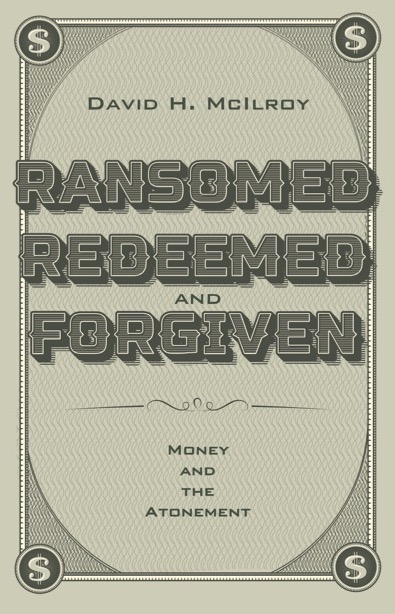
Images connected to money are found frequently in the Bible and in the hymns and songs Christians sing. The ideas of ransom, redemption, and forgiveness are a key part of how the work of Jesus on the cross is described. But what do the pictures of ransom, redemption, and forgiveness actually mean? How would they have been understood by the first hearers of the gospel? How do they link to kidnapping, slavery, and debt?
Using practical examples from his experience as a banking lawyer and from history, David McIlroy shows how power, money, and sin combine to trap us, leaving us in desperate need of a redeemer to rescue us.
This book will deepen your understanding of Jesus’s death, enrich your worship, and inspire you to share and demonstrate the transformative power of the salvation achieved through the cross and resurrection.
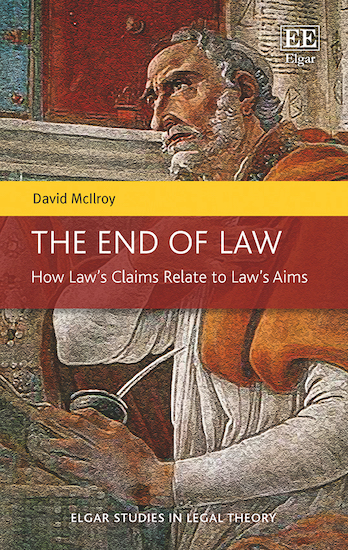
This book seeks to show how Augustine’s thinking about law, properly understood as theology, has continuing relevance to the questions raised by legal philosophies today.
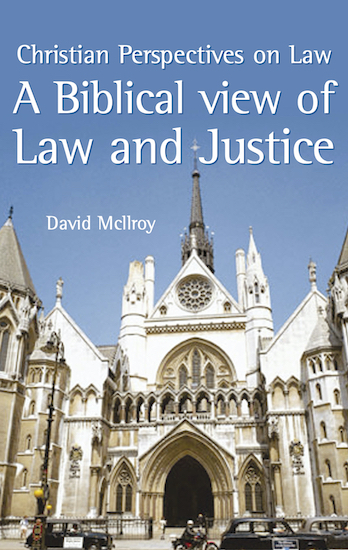
A Biblical View of Law and Justice seeks to wrestle with the biblical message of justice, giving Christian lawyers a renewed vision and understanding of the potential of their work in the post-Christendom world.
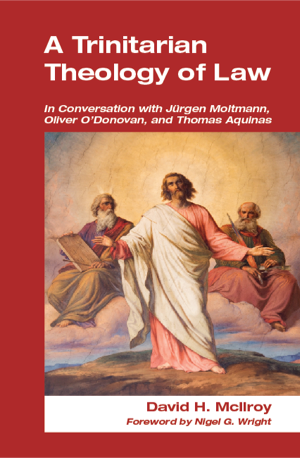
This book seeks to show how thinking about law in the light of the Trinity enables us to understand its role, its purpose and its limits.
Named in honour of Sir Norman Anderson, this award seeks to support the doctoral research of a young or early career Christian legal scholar with significant promise of exercising academic or professional leadership in the field in the future and for whom financial assistance would make a real difference to their chances of pursuing such research to successful completion.
The subject of the research is ‘Law and Christian Ethics’, understood broadly to include a wide range of topics, for example: theology of law; law and morality; legal philosophy; law and (religious) liberty; human rights law; law, toleration and pluralism; comparative religious law (including Christianity); ethical issues underlying specific areas of law such as contract, corporate, international, administrative or constitutional law; law and bio-medical ethics; law and family/sexual ethics.

We offer books, articles, video and audio presentations, and other recommended resources that explore our legal vocation vitally integrated with our Christian faith. We examine the theoretical foundations for law as well as the application of Christian principles to questions about how legal systems operate. We look at the big questions such as: isn’t law just a means of oppression?, can a good lawyer really be a faithful Christian?, and what does justice require us to do?.
Be sure to subscribe to Theology of Law to not miss out on our regularly updated resources and news.
Our blog offers short, accessible, reflections on important and urgent issues for Christian lawyers, and anyone else involved in law. Here you’ll find quick, stimulating reads created to help and encourage you practise your vocation – and, indeed, to live all of life – as a follower of Christ.

In this first instalment in our Human Rights Series, David McIlroy introduces the series as a whole and succinctly answers the question, “Why human rights?”
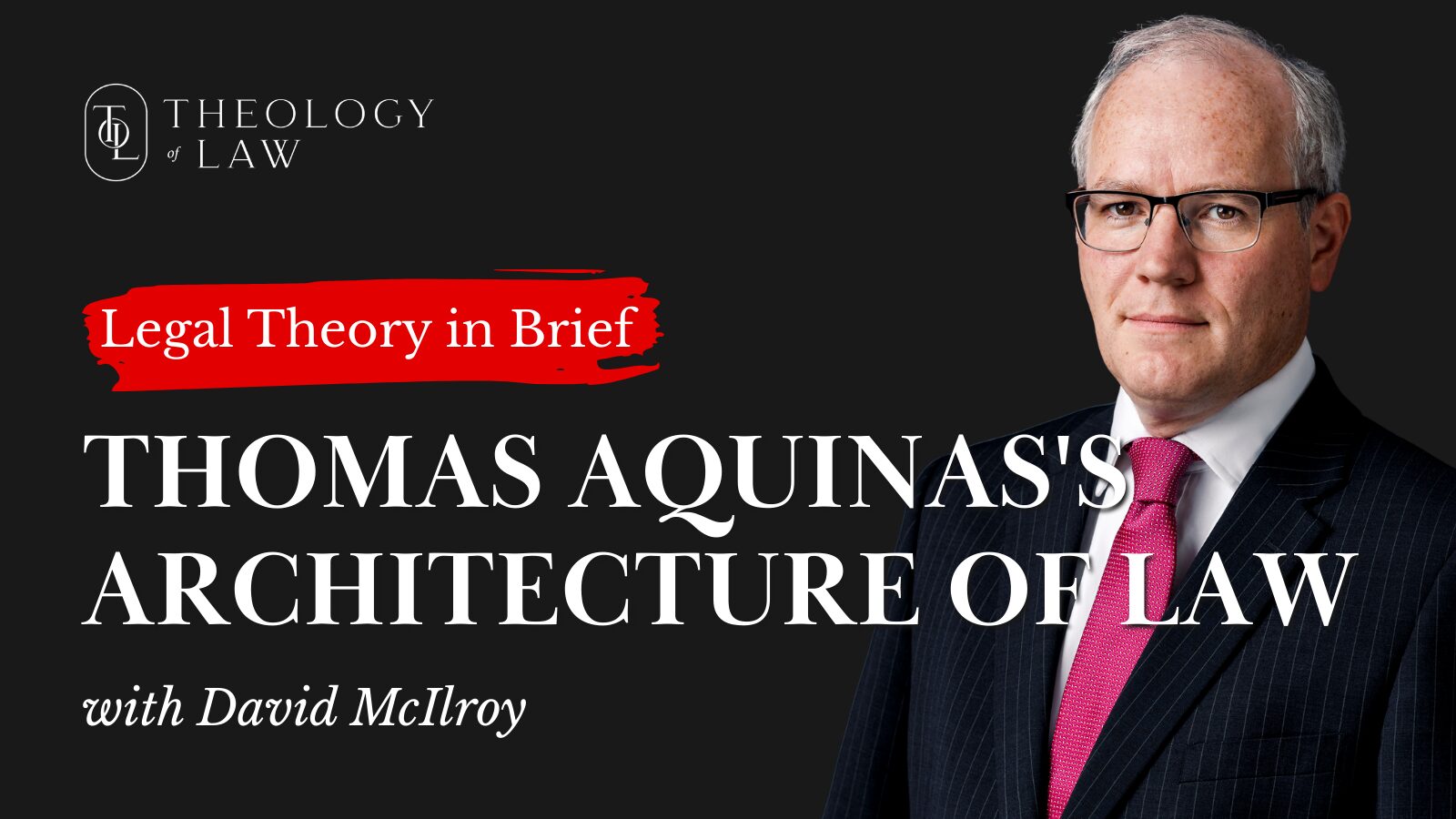
Thomas Aquinas developed a comprehensive framework dividing law into four types—eternal, natural, divine, and human—to show how God works through all things, despite human sinfulness, to achieve his purposes for humanity.
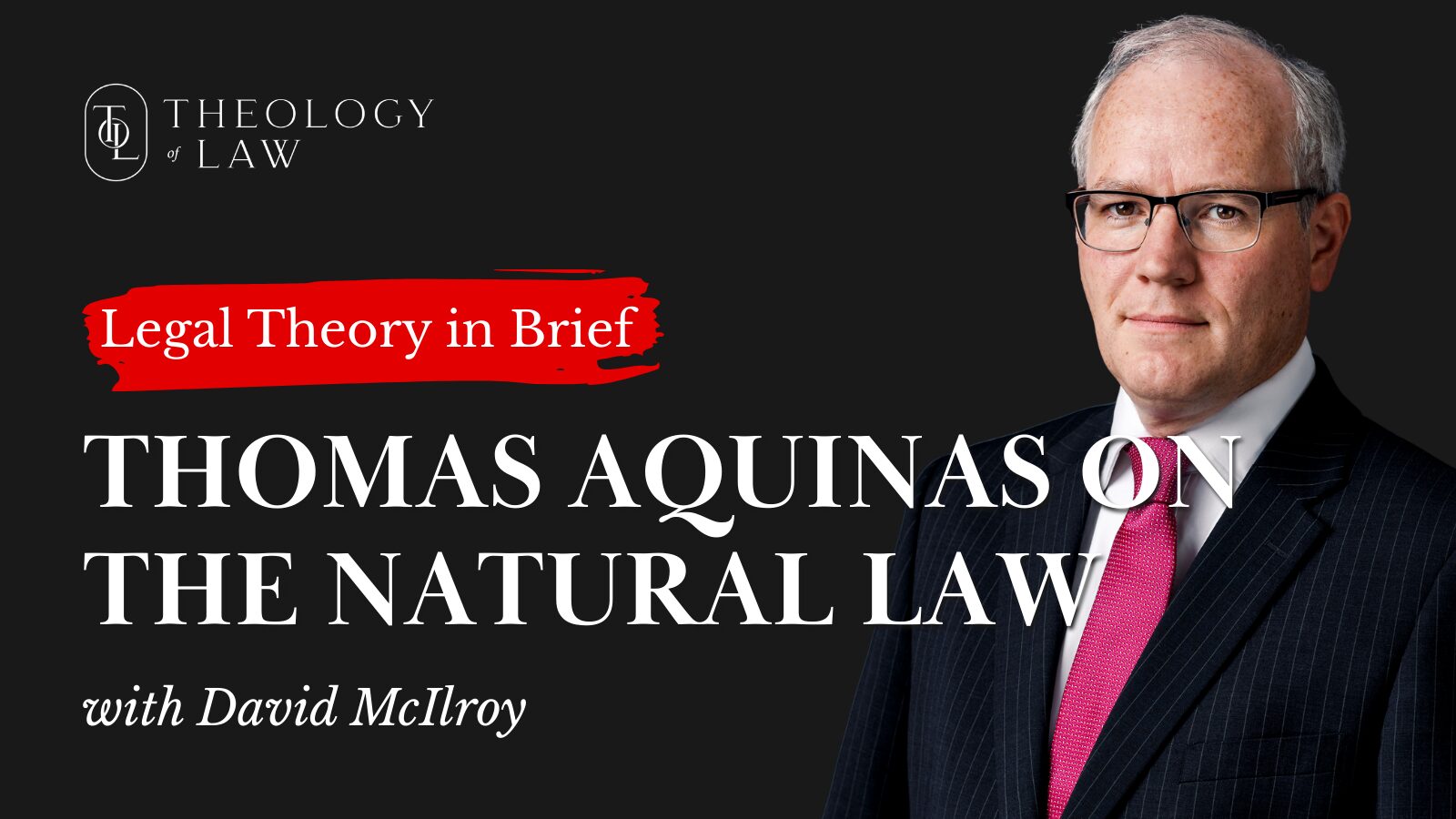
David McIlroy explores Thomas Aquinas’s systematic framework of natural law, examining how the medieval philosopher believed moral principles are known through reason and natural human inclinations at three distinct levels.

David McIlroy examines how legal positivism—the approach to law that focuses on whether legislation comes from the right source rather than its moral content—has roots in thinkers like Hobbes, Bentham, Austin and Hart, and explores Amanda Perreau-Saussine’s argument that all consistent legal positivists ultimately reject any philosophical notion of moral authority.
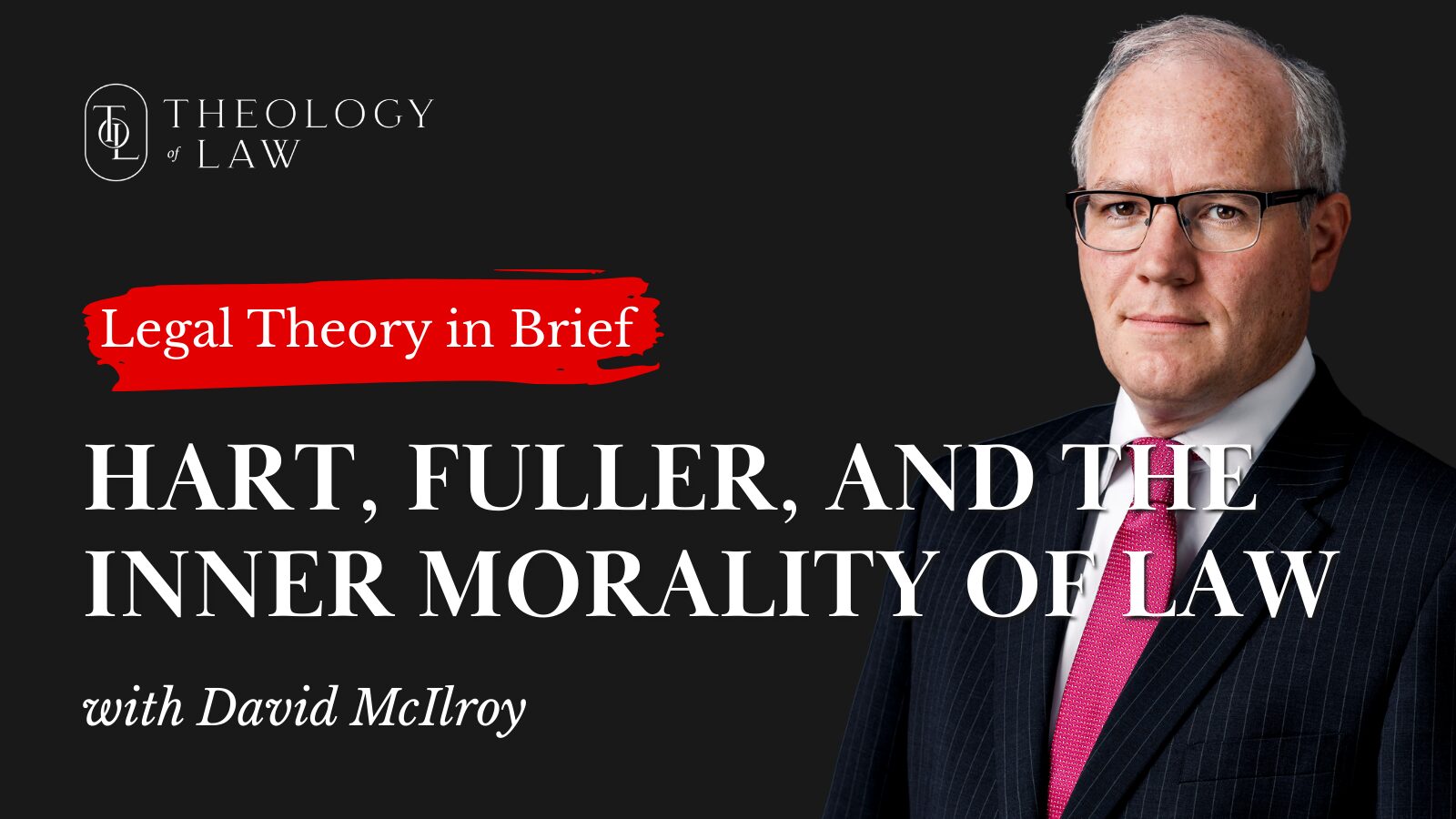
This sixth post in our Legal Theory in Brief Series explores the famous Hart–Fuller debate over whether law possesses an “inner morality,” contrasting Hart’s claim that even immoral regimes can create valid law with Fuller’s argument that true law requires adherence to moral procedural principles that enable human agency and justice.
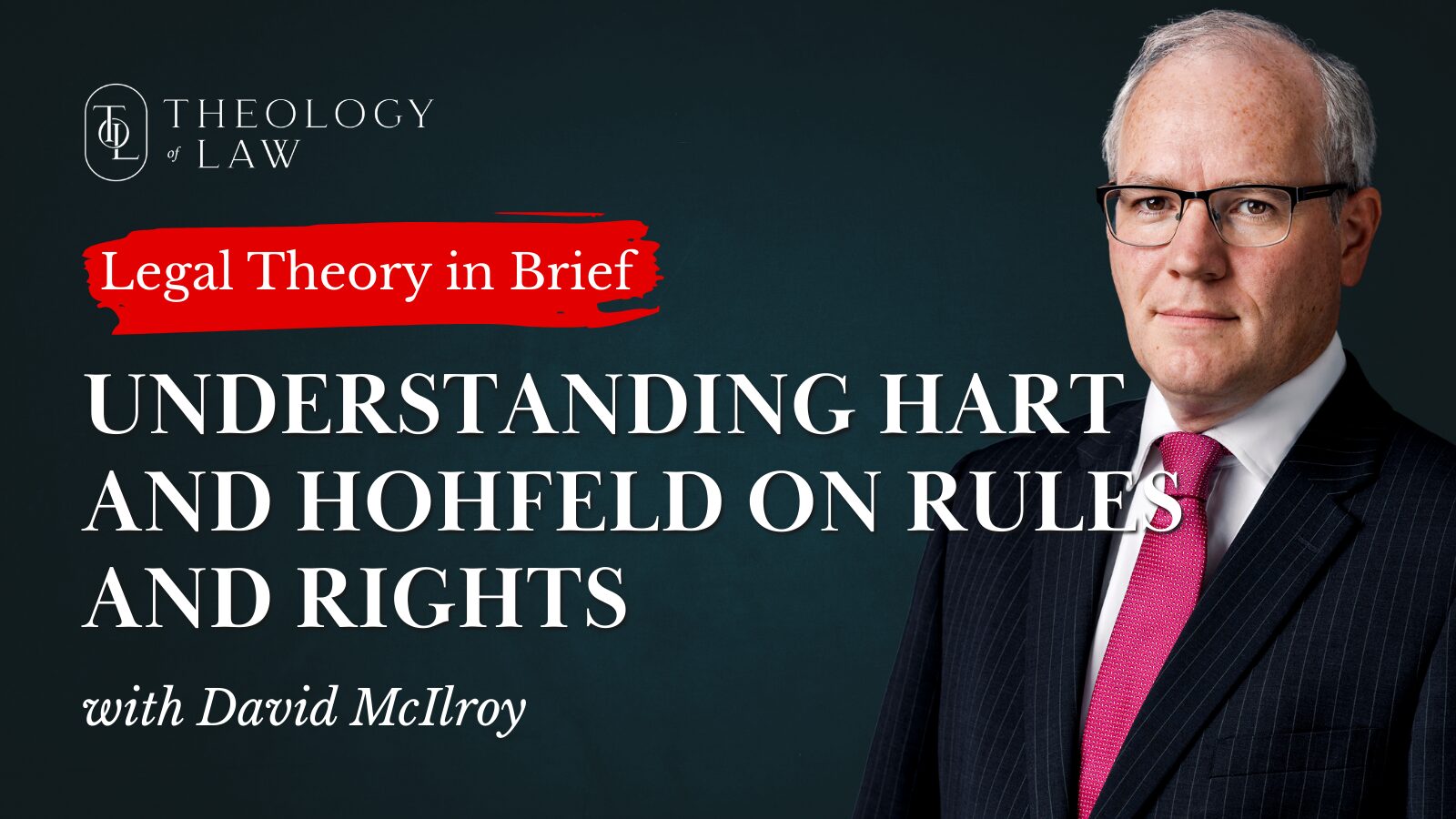
In this fifth post in our Legal in Brief Series, David McIlroy explores and contrasts H.LA. Hart’s notion of Rules with Wesley Hohfeld’s notion of Rights and their implications for law.
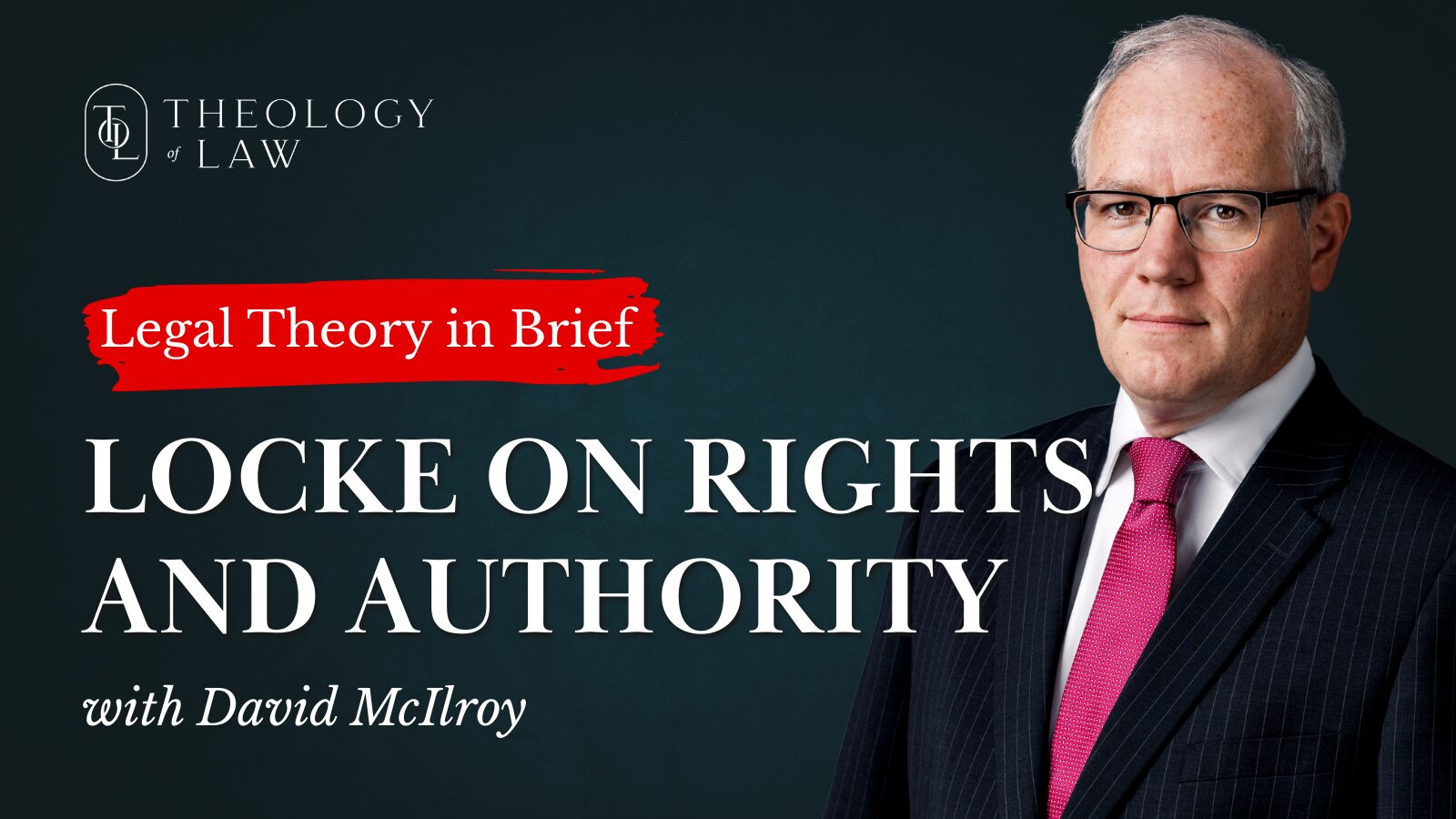
In this fourth post and video in the series, David McIlroy explores John Locke’s conception of Rights and Authority, and shows how they have shaped our idea of rights and authority in modern society.
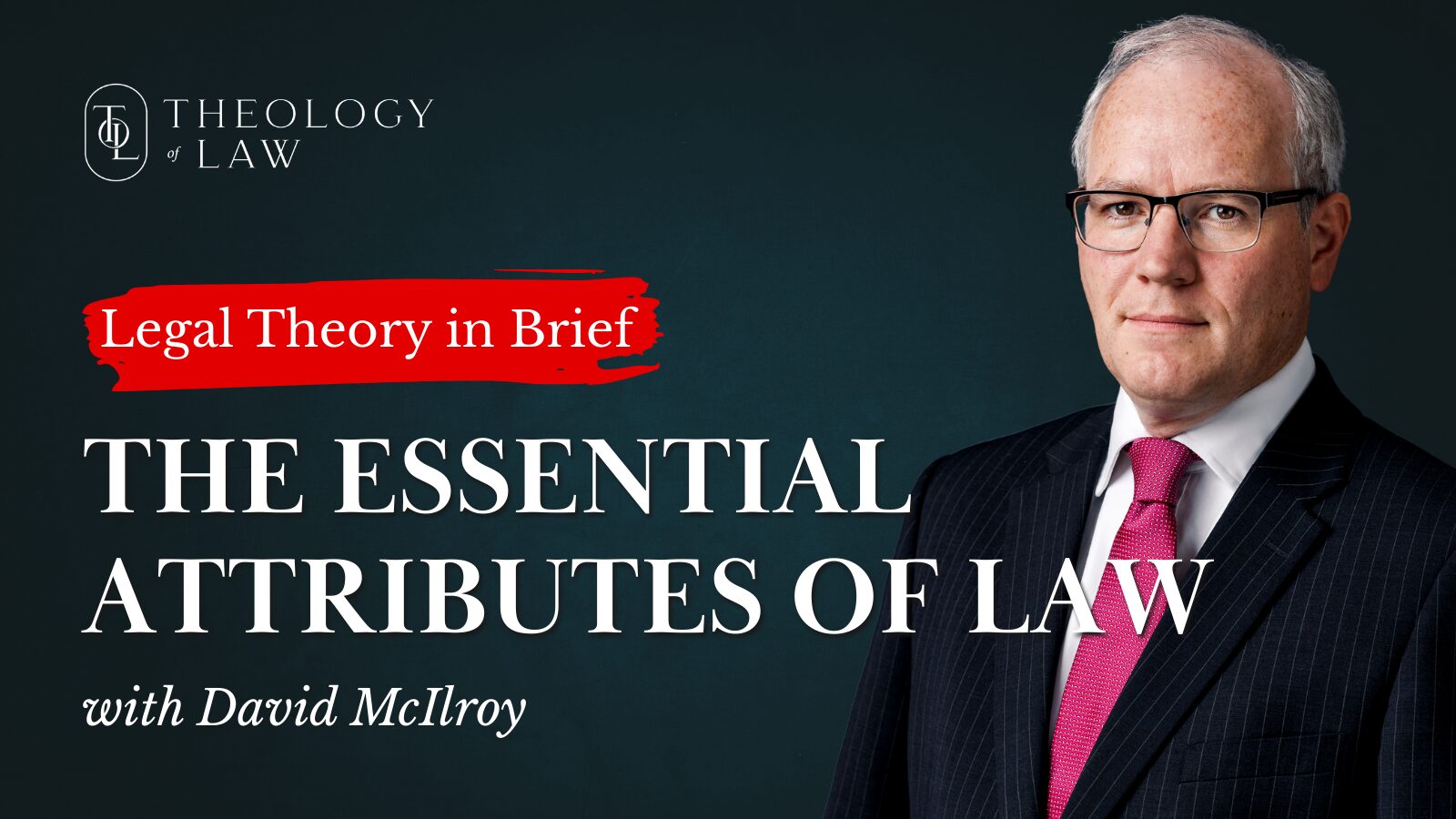
In this third post in our series, Legal Theory in Brief, David McIlroy examines the different meanings and defining features of law, contrasting checklist and central case approaches to understanding what truly makes a rule a “law.”
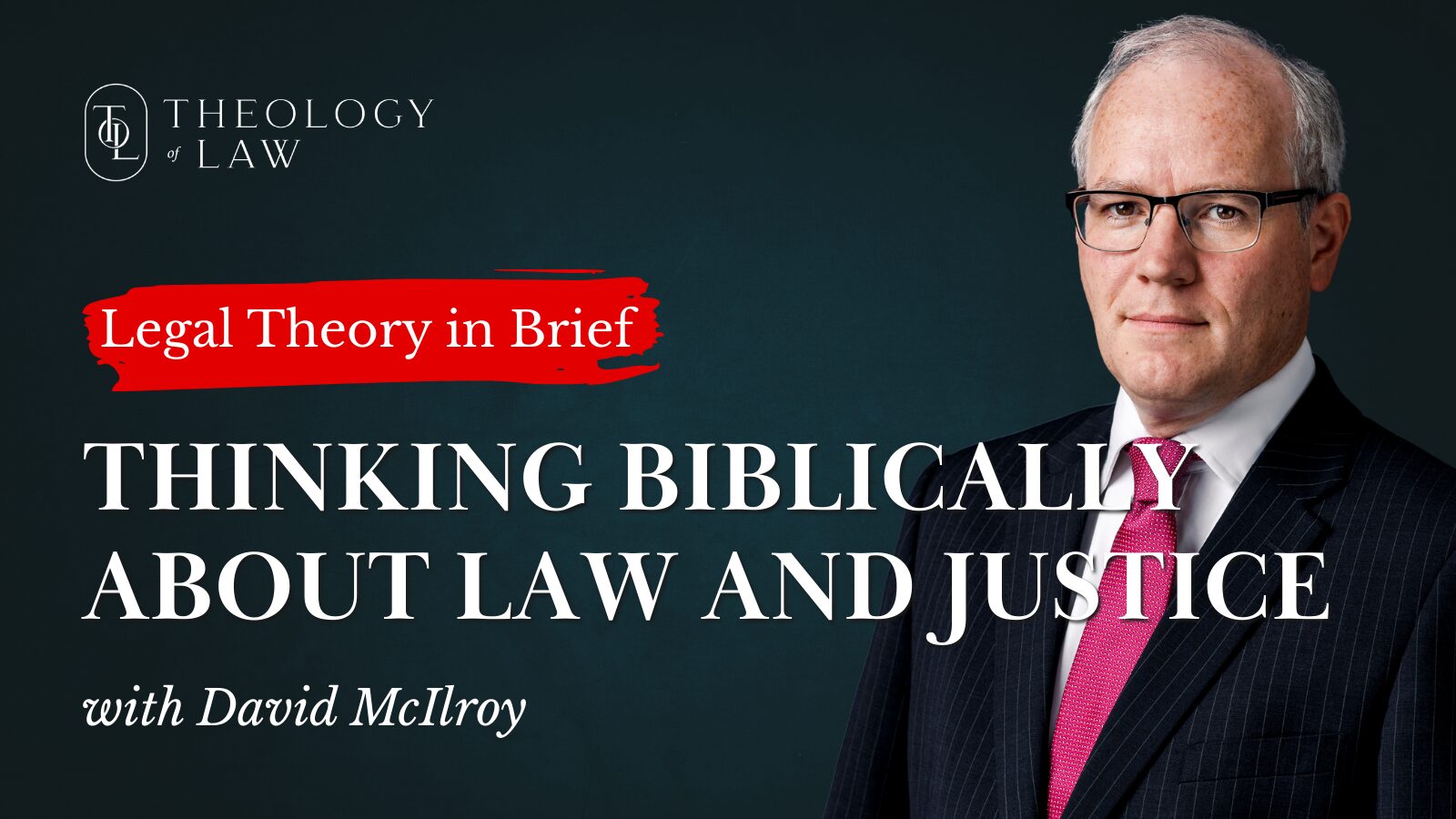
The second instalment in our Legal Theory in Brief Series, David McIlroy introduces us to how we might think Biblically about Law and Justice. Taking us through the broad arc of the biblical story he shows that Scripture has much to say about law and justice and how we might be faithful followers of Jesus in our studies and practice of law.
You’ll receive a monthly email with new resources, updates, event information and other curated content to help you live a life where the faith you profess and the law you practice are integrally connected. (Do note: We too hate spam and take your privacy extremely seriously. Please see our Privacy Policy to understand how we use and protect your data).
If you want to know anything more about the materials on this website, to book David McIlroy to speak, or you’ve got any other question, please fill out the form here and we shall get back to you speedily.